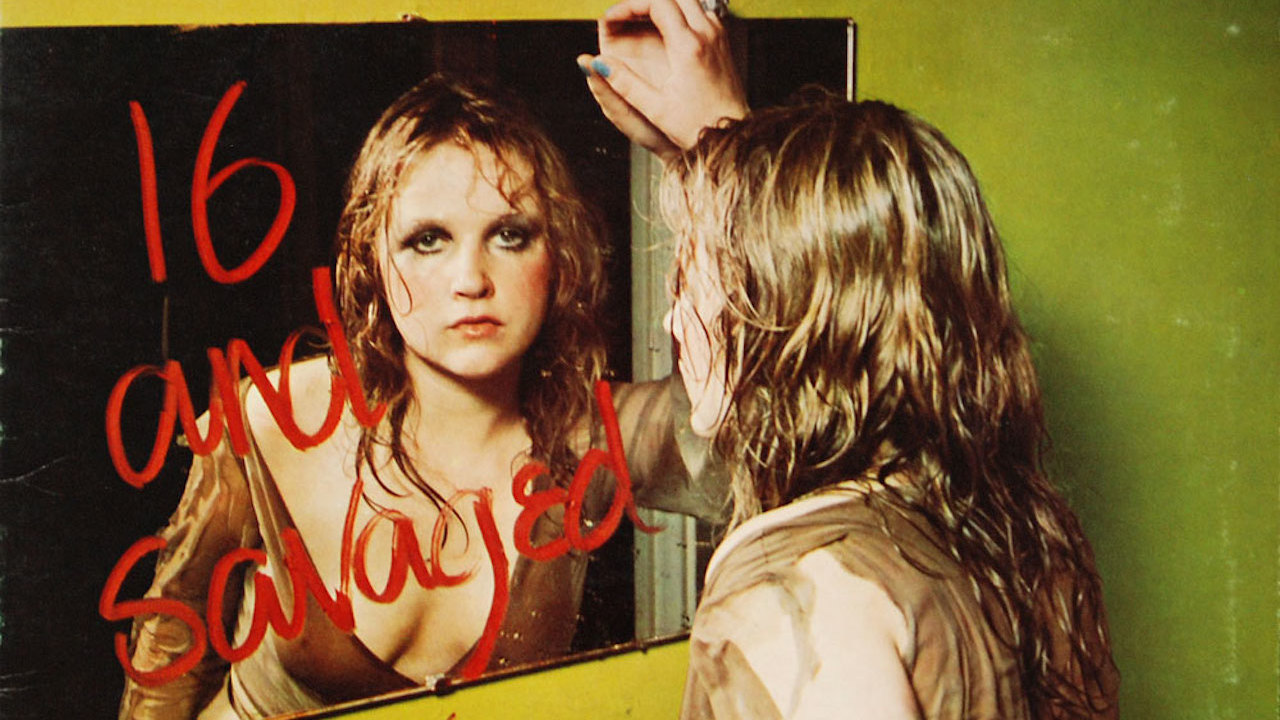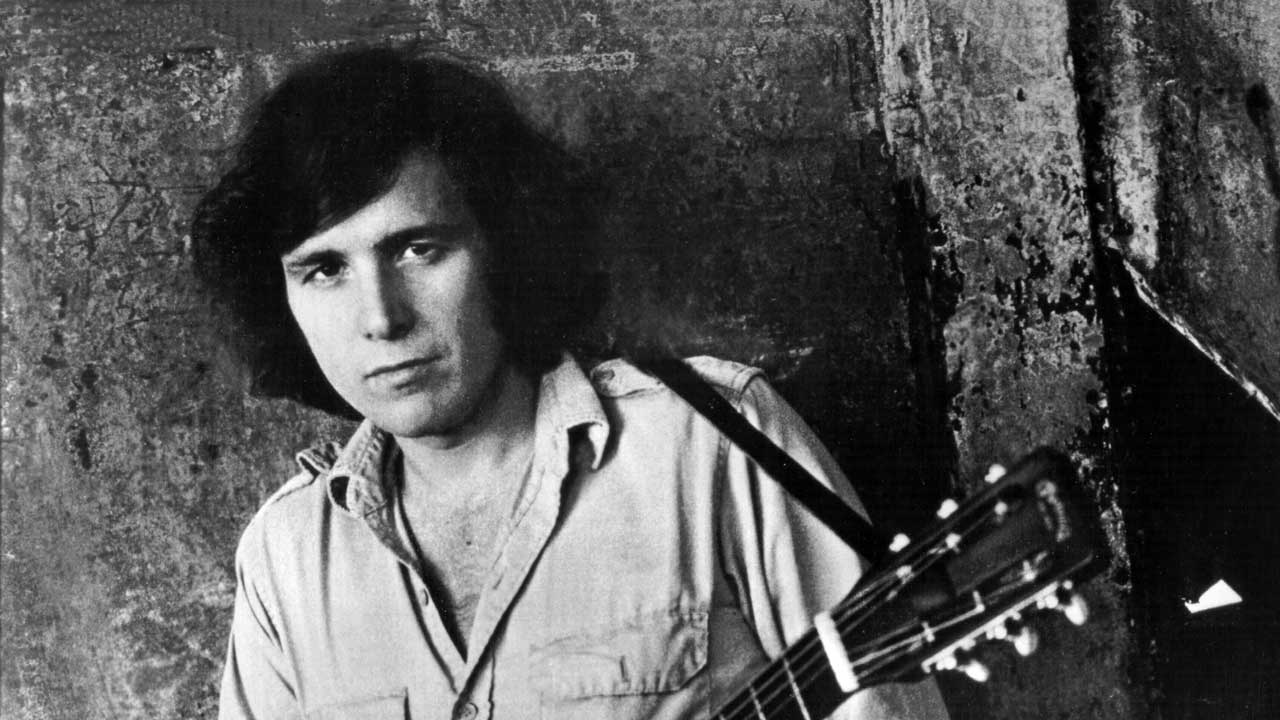You can trust Louder
Those who witnessed London-based band Silverhead in the early 70s when they were slogging round the clubs and colleges of Three-Day Week Britain remember them fondly as the missing link between glam and punk. That they never made it big adds to their charm.
Fully bonused up, the reissue of two studio albums, plus a live in Finsbury Park set, when they supported Nazareth during the height of Bowiemania, doesn’t tarnish their reputation as a cut-above neo-metal act. Playboy frontman Lord Michael Des Barres does his best to steer the lads into sonic areas occupied by the New York Dolls and Aerosmith.
Using the literature of rock with lashings of gratuitous sex, Silverhead’s self-titled debut (7⁄10) was produced by Martin Birch and kicks up a storm on Sold Me Down The River. With guitarist Rod Davies chopping the riffs out (he’d been in the 1967 version of the Riot Squad with Mr Bowie) and future Ray Manzarek/Blondie bassist Nigel Harrison adding gravitas, Silverhead might be compared to The Only Ones for standing out while standing aside.
The non-PC 16 And Savaged (see Spinal Tap’s Smell The Glove) (8⁄10) is a masterpiece of louche swagger thanks to More Than Your Mouth Can Hold, stage favourite James Dean, the fanciful Hello New York and the decadent conceit of This Ain’t A Parody.
Live At The Rainbow London (7⁄10) wrapped the band up before they could finish Brutiful. Axe man Robbie Blunt went on to bigger though not necessarily better things with Robert Plant. Good old Silverhead: what a Brutiful bunch of cults.
The Hollywood Brats - Sick On You: A Brats Miscellany album review
Every Home Should Have One: New York Dolls' Debut Album
Sign up below to get the latest from Classic Rock, plus exclusive special offers, direct to your inbox!
Max Bell worked for the NME during the golden 70s era before running up and down London’s Fleet Street for The Times and all the other hot-metal dailies. A long stint at the Standard and mags like The Face and GQ kept him honest. Later, Record Collector and Classic Rock called.


